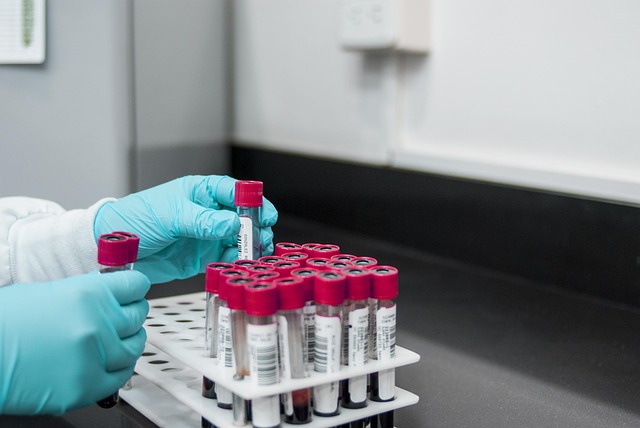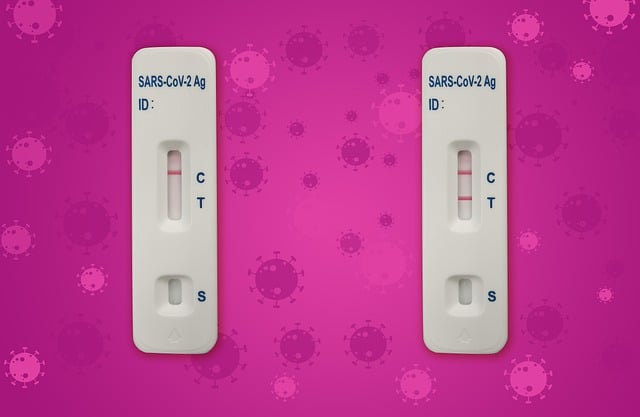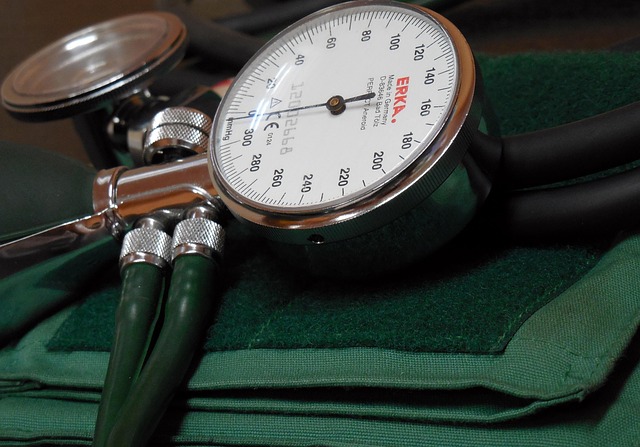Advanced liver function tests in the UK, including cholesterol blood tests, are essential for diagnosing and managing liver conditions. By analyzing cholesterol levels (HDL, LDL, triglycerides) along with other enzymes and substances, healthcare professionals can accurately assess patient health, tailor treatments, and improve outcomes, especially regarding cardiovascular disease risk. Future developments aim to enhance diagnostic accuracy with biomarker technology and AI integration, potentially revolutionizing personalized medicine approaches for better long-term patient care.
Advanced liver function tests play a pivotal role in diagnosing and managing liver health. This comprehensive guide delves into the intricacies of these tests, with a particular focus on cholesterol blood test results in the UK. We explore their clinical applications and discuss future directions, empowering medical professionals to interpret findings accurately and enhance patient care. Understanding these advanced tests is crucial for navigating liver disease management in today’s healthcare landscape, especially considering the importance of cholesterol levels in the UK population.
- Understanding Advanced Liver Function Tests
- Interpreting Cholesterol Blood Test Results UK
- Clinical Applications and Future Directions
Understanding Advanced Liver Function Tests

Advanced liver function tests go beyond basic markers, delving deeper into liver health by assessing a range of enzymes and substances in the blood. These tests are crucial for Medical Professionals to identify and diagnose liver-related issues that may not be apparent through standard screening. In the UK, cholesterol blood tests are a common component, measuring levels of total cholesterol, HDL (good) cholesterol, LDL (bad) cholesterol, and triglycerides – all vital indicators of cardiovascular health, which is closely linked to liver wellness.
By interpreting these results alongside other advanced markers like albumin, bilirubin, and liver enzymes, healthcare professionals can navigate a complex landscape. This comprehensive approach allows for more accurate diagnoses, including fatty liver diseases, hepatitis, cirrhosis, or even cancer. Such tests empower medical experts to make informed decisions, tailor treatments, and ultimately improve patient outcomes.
Interpreting Cholesterol Blood Test Results UK

In the UK, interpreting cholesterol blood test results is a key aspect of managing patient health, particularly for those at risk of cardiovascular disease (CVD). The test measures low-density lipoprotein (LDL) or ‘bad’ cholesterol and high-density lipoprotein (HDL) or ‘good’ cholesterol levels. For adults, an optimal LDL level is below 3.0 mmol/L, while a HDL level above 1.4 mmol/L is beneficial. Elevated LDL levels can increase the risk of plaque buildup in arteries, leading to CVD.
Healthcare professionals should consider these results in conjunction with other health markers and patient history. High cholesterol often requires lifestyle changes such as improved diet and increased exercise. In some cases, medication may be prescribed to lower LDL levels. Regular monitoring is crucial to track progress and adjust treatment plans accordingly, aiming for a balanced lipid profile that supports overall cardiovascular health.
Clinical Applications and Future Directions

Advanced liver function tests, such as those involving cholesterol blood test UK, offer a wide range of clinical applications for medical professionals. These tests are instrumental in diagnosing and managing liver diseases, including fatty liver, cirrhosis, and hepatitis. By providing detailed insights into hepatic health, healthcare providers can tailor treatment plans more effectively. For instance, elevated levels of specific cholesterol markers can indicate underlying liver issues, prompting timely interventions to prevent complications.
Looking ahead, future directions in advanced liver function testing include the development of non-invasive biomarkers and integration with artificial intelligence (AI). These innovations promise to enhance diagnostic accuracy and predictive capabilities, enabling early detection of liver damage. Furthermore, personalized medicine approaches, guided by comprehensive test results, may revolutionize treatment outcomes for patients with liver diseases, ultimately improving their quality of life in the long term.
Advanced liver function tests, including cholesterol blood tests in the UK, offer invaluable insights for medical professionals. By understanding these complex assessments, healthcare providers can accurately interpret results, identify potential liver issues, and make informed decisions. The clinical applications are vast, from managing chronic liver diseases to guiding treatment strategies. As research progresses, these tests will continue to evolve, shaping the future of liver health assessment and care in the UK.
